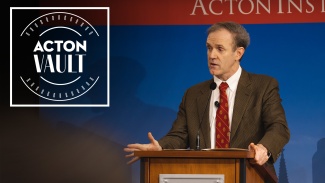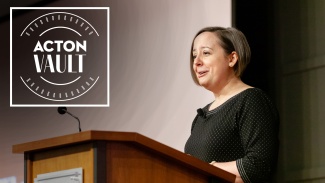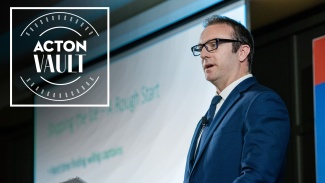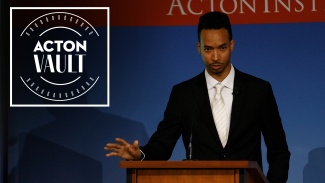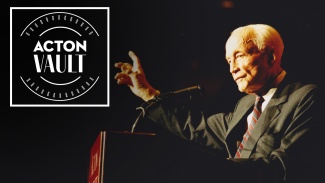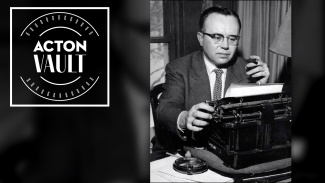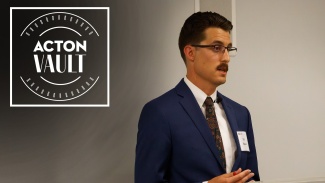
Overview
Communism took power in Cuba through deceit and intrigue in 1959. While Fidel Castro denied he was a communist, promising to restore democracy in the island, he began consolidating totalitarian rule and exporting revolution in Latin America and Africa.
As the totalitarian dictatorship became evident, Cuba's democratic resistance defied the Castro regime in two phases: 1959-1966 (violent resistance) and 1976 - present (non-violent resistance). US Cuba policy would undergo dramatic changes between 1959 and the present with consequences for the entire hemisphere.
In this episode, we're bringing you a presentation that was delivered as part of the 2018 Acton Lecture Series featuring John Suarez as he explores Cuba’s history and looks to its future in this address.
Cuba Libre: Protestors call for an end to communism and oppression
How global leaders used COVID-19 to restrict religious liberty






